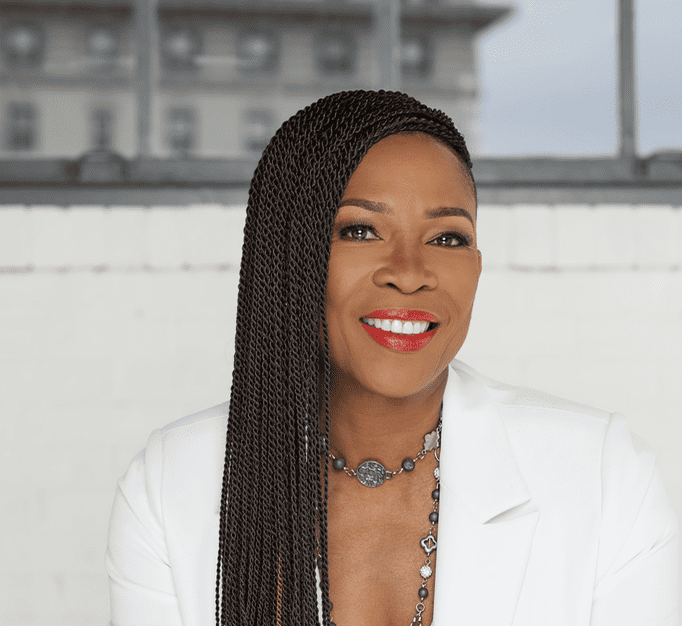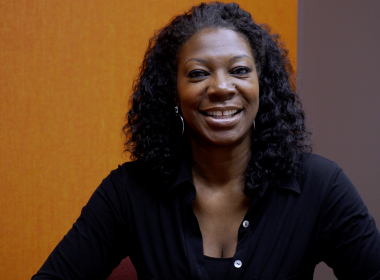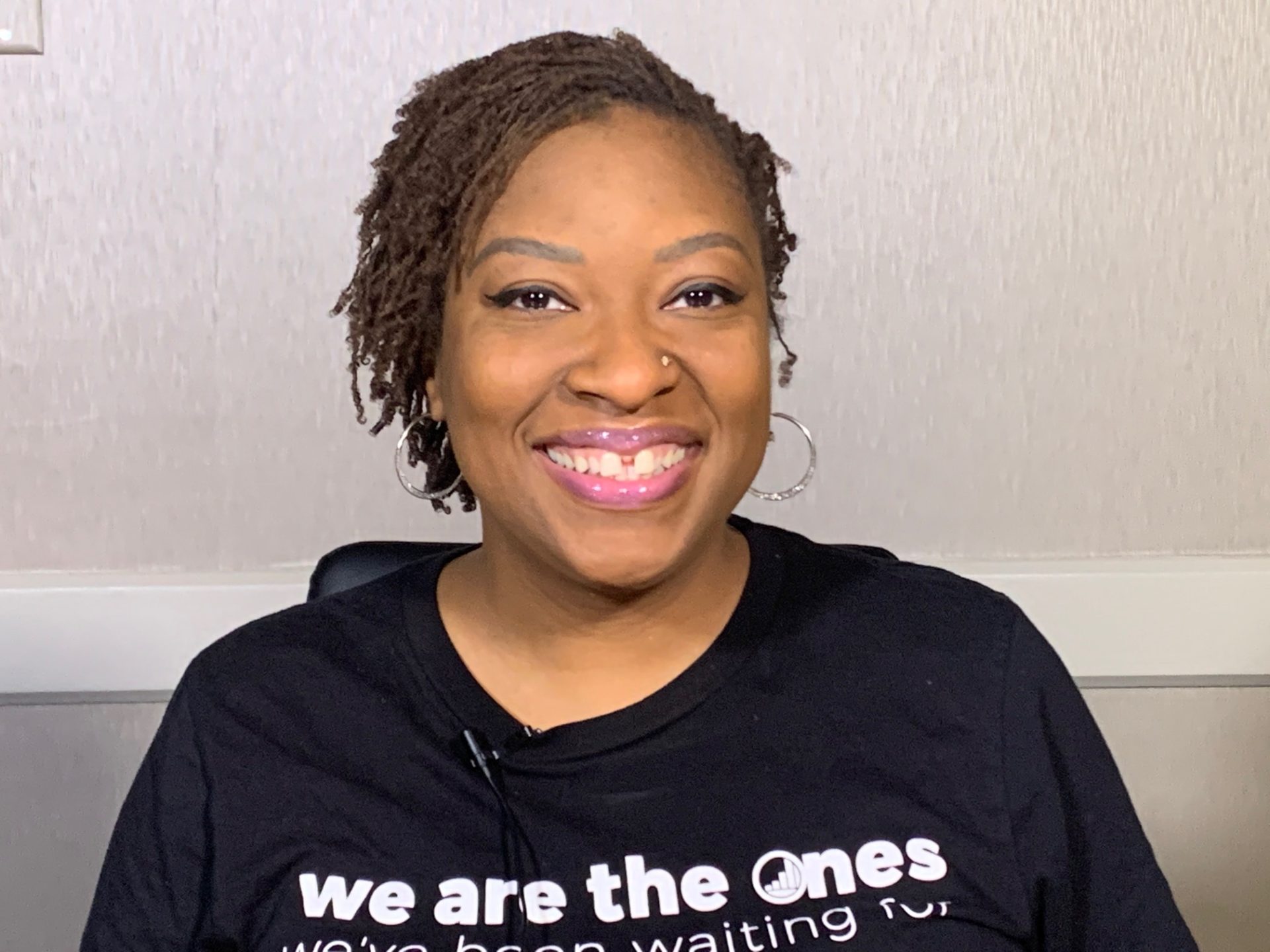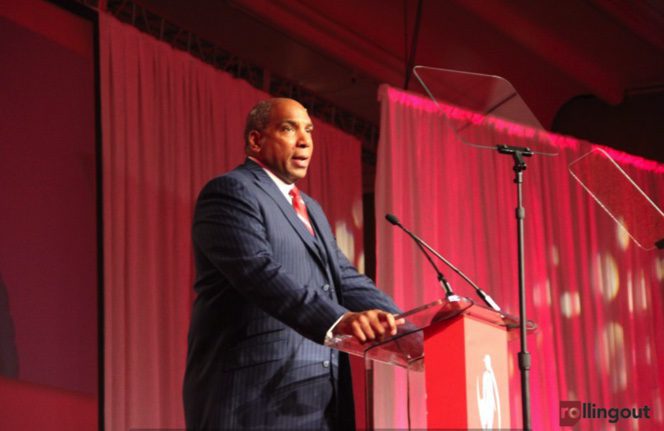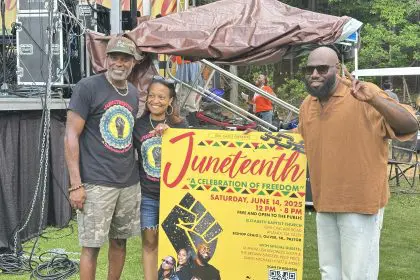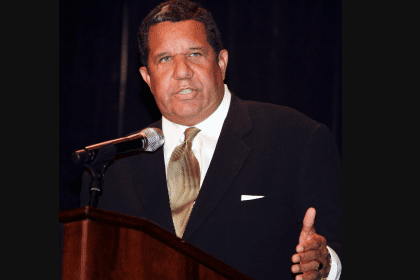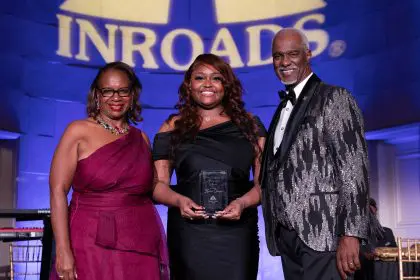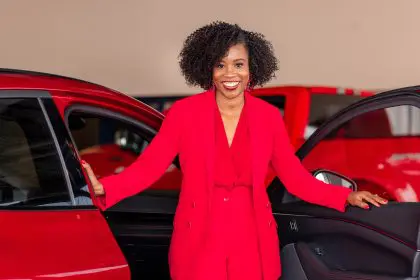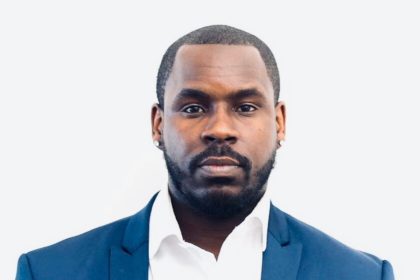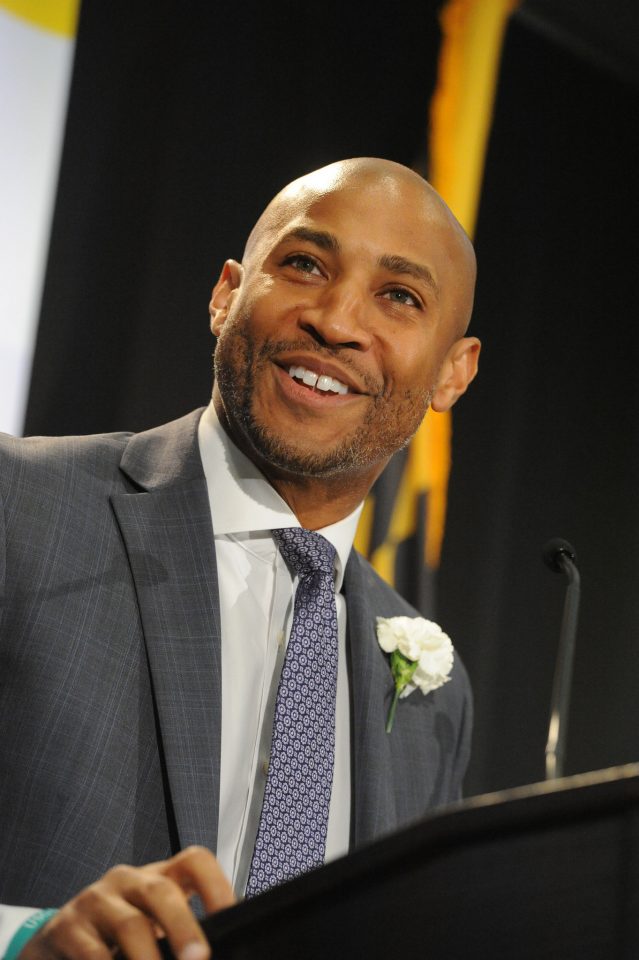
Jason Green is the co-founder, SVP and general counsel of Skillsmart, a skills-based job matching program that gives employers a more refined talent pool to choose from. Let’s face it, information technology is here to stay and Green is at the forefront.
Rolling out had the pleasure of chatting with Green about his booming business and life in general.
How do you utilize your knowledge to benefit and inspire others?
When I was five years old, I would get dropped off at my grandmother’s house because both of my parents worked. And because she volunteered at the local retirement center, I did too. My job was to scoop ice into buckets and I would walk into rooms and see my grandmother sitting with people often at the end of their lives giving them these gifts of dignity. That’s when I learned that we can use our lives and presence to benefit others and I see that as my most important role. In all of my work as a lawyer, policymaker, businessman and filmmaker, I work to help people understand their limitless capacity and achieve it.
Name two iconic humans who have inspired you or currently inspire you. Why?
Claudette Colvin – Claudette Colvin was the 15-year-old student who heard a civic lesson one day and decided to not give up her seat on a Montgomery, Alabama, bus. Bravery like hers inspired Rosa Parks and others and sparked the civil rights movement. Her story epitomized the idea of being a doer as well as a hearer of the word.
Nelson Mandela – Nelson Mandela was a brilliant man, an incredibly strategic thinker, who possessed the type of courage few men would ever dream. Despite these qualities, or perhaps because of them, what inspires me most [about] his story is his capacity for reconciliation and forgiveness.
Please share the evolution of your brand and purpose.
My purpose is to empower individuals and the community and I’ve had the blessing to evolve in the manner that I achieve this purpose. I started my career in politics, helping local politicians run for office in and around the Maryland suburbs. I grew frustrated with electoral politics as a means to effect social change and matriculated to Yale Law School. There, I helped capitalize a community development bank. I spent time in South Africa working for a human rights nonprofit and ultimately was pulled back to the political world. I served as the national voter registration director for the Obama ’08 campaign. I then had the pleasure of being Associate White House Counsel for four years (09-13). I left the Obama administration in 2013, to start a technology company focused on helping individuals understand their abilities and matching those abilities with new job opportunities. I also started a production company focused on sharing community-based stories.
What two moments in your life changed you the most?
Interestingly, these two moments are very related and bookend my Obama experience.
First, was joining the Obama campaign in 2007. There was something particularly special about joining the campaign in those early days when he was still a 30-point underdog and all we slept, ate, and drank was hope and change. I felt like this was the movement of my generation and I refused to let anything keep me from joining the campaign — including my third year at Yale Law School. I was part of something special — that in the trenches feeling — with amazing people and would be forever changed because of it.
The second moment that changed me was leaving the White House in 2013. I don’t think it changed me as much as it helped reveal, even to me, who I was and what I cared about. I had worked in the Obama sphere for roughly six years, six of my professionally formative years, and I needed to go out on my own, understand who I was without the White House after my name, and really connect with the communities that I cared most about.
What advice would you give to young men about dealing with their emotions?
That emotions actually need to be dealt with. We as black men don’t talk about our emotions a lot. Fear. Anger. Rage. Love. These are real emotions and it’s important that you don’t feel like you need to deal with any of these emotions alone. You’re never alone. We all love you — even those of us that you haven’t met yet, love you, are rooting for you, and want you to be emotionally healthy.
What are the three values that you govern and live your life by?
– Treat everyone as a person and not an object.
– Know who you are and whose you are.
– Integrity — as I stated regarding the network. All we have are our relationships and reputations. Hard to build and easy to destroy.
How do you deal with obstacles and setbacks?
I believe that how I am going to interact with the world is a choice. And I choose grace and peace because any other way is too exhausting for me. God gave us this great power of choice, and so in the face of obstacles and setbacks, as I watched my parents and grandparents before me, I say, God, please grant me the serenity to accept the things I cannot change, the courage to change the things I can, and the wisdom to know the difference.
What is one indispensable book that all Black males need to read at least once in their lifetime?
A book that really changed my perspective on myself and my future as a young black man was Gifted Hands [by Ben Carson]. Candidly, I’m not thrilled — and do not agree — with some of the political choices the author has made, but when I was in eighth grade and I read the book for the first time, it gave me courage and confidence in who I was and the future I felt I could bring to this world.


